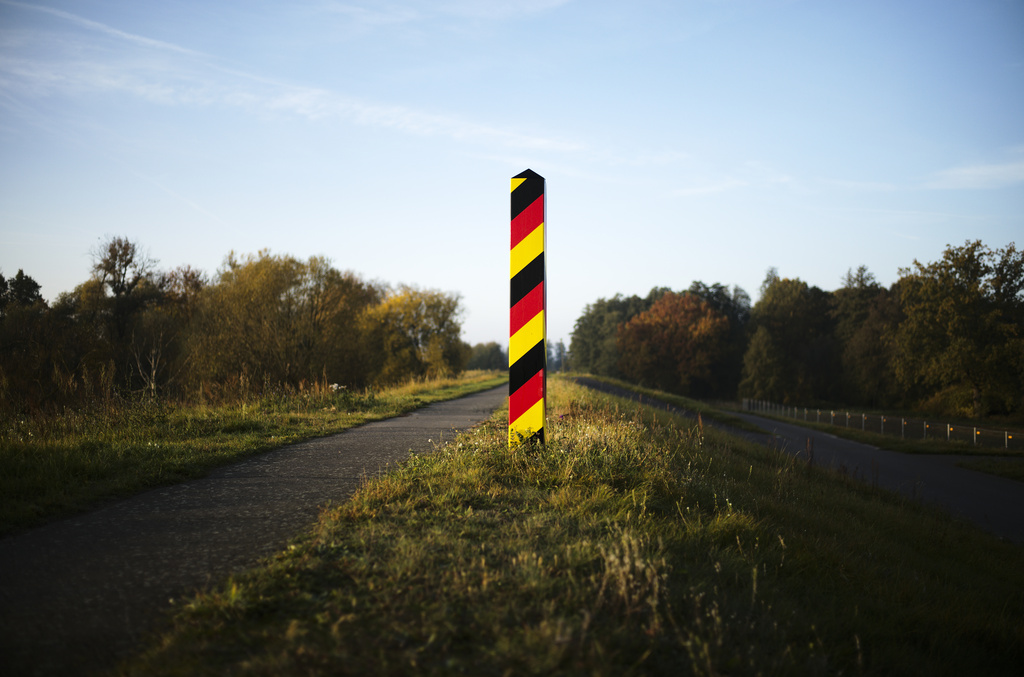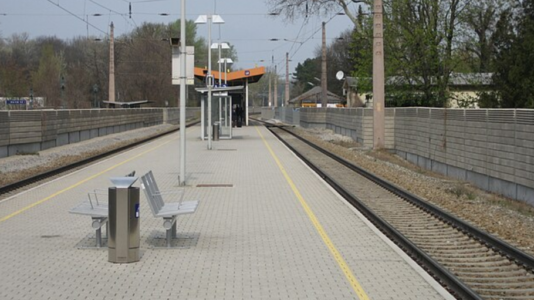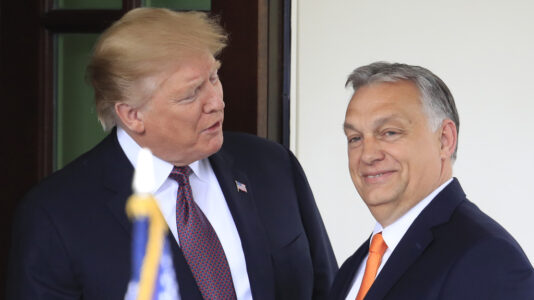Germany will extend border checks at its borders with the Czech Republic, Poland, and Switzerland until March 15, 2025, with the interior ministry insisting the move is necessary to combat illegal immigration.
The current extension was due to expire on Sunday but Interior Minister Nancy Faeser indicated that border checks are likely to continue beyond this date to ensure stronger protection of the European Union’s external borders.
The latest extension will see the checks in place when Germans go to the polls in February for federal parliamentary elections — an election in which immigration will play a critical role.
Germany, a member of the Schengen Area, initially introduced border checks with Austria in 2015 and expanded them to the Czech, Polish, and Swiss borders in October 2022. Since mid-September 2023, Germany has been monitoring its entire land border.
“The hands of border countries, such as Italy or Hungary, but also Greece, are tied and prevented from adopting effective solutions to make Europe’s borders less permeable.” https://t.co/K3qWChyaP2
— Remix News & Views (@RMXnews) October 9, 2024Chancellor Olaf Scholz has emphasized that these controls will remain in place for the foreseeable future, describing the extension as “a very long time.”
Interior ministry officials claimed that the reintroduction of border controls has significantly reduced illegal migration. The number of asylum applications has dropped by 40 percent over the past year. Additionally, it says police intercepted 37,000 individuals attempting to enter the country illegally and apprehended 1,600 people smugglers. At the Czech border alone, German authorities recorded 9,400 illegal entries and arrested 225 smugglers within a year of implementing checks.
The European Commission was notified of Germany’s decision to extend the checks earlier this year. Faeser has stressed that these measures will remain necessary until the EU achieves a substantial improvement in the protection of its external borders.
The Netherlands follows several EU countries, including Germany, Austria, France, and Denmark, in restricting free movement along its borders. https://t.co/P5useUWSQr
— Remix News & Views (@RMXnews) November 12, 2024While the Schengen Agreement discourages routine checks at internal borders, Germany is one of nine member states currently conducting such measures. Others include France, Sweden, Denmark, Austria, Italy, and Norway, with the Netherlands recently joining for a six-month period. These countries cite concerns over illegal migration and security threats, including terrorism, as justification for the temporary measures.






